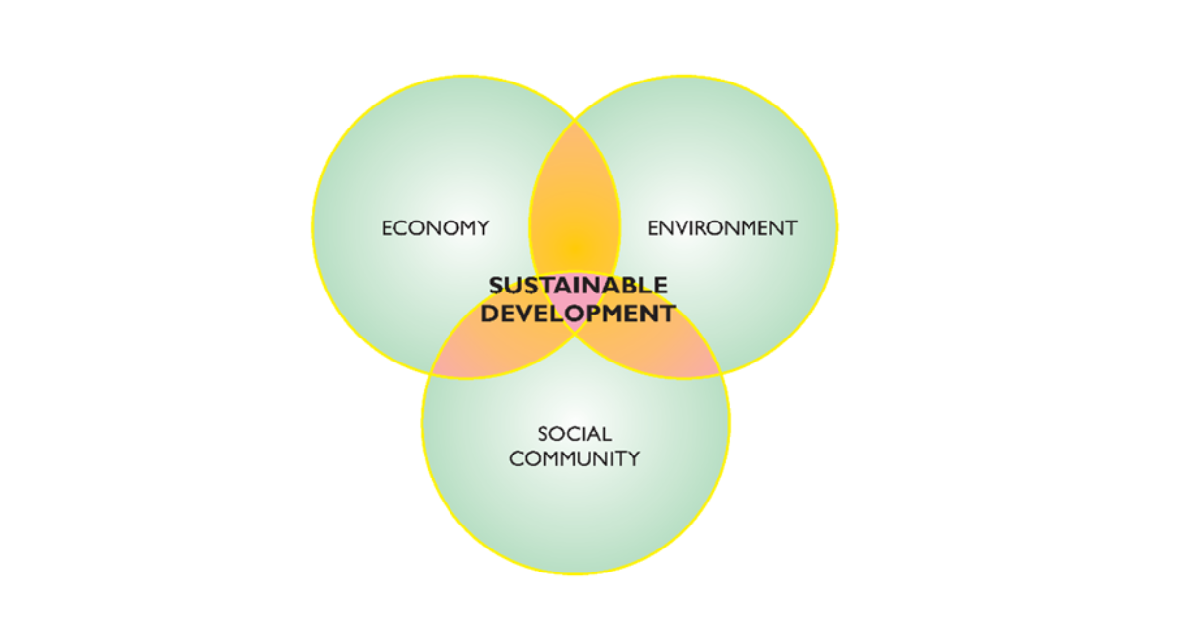Life Cycle Assessment of Renewable Energy Systems and Infrastructure: Assessing Sustainability and Environmental Performance
A special issue of Sustainability (ISSN 2071-1050). This special issue belongs to the section "Energy Sustainability".
Deadline for manuscript submissions: 30 November 2024 | Viewed by 1092

Special Issue Editor
Interests: renewable energy; climate change mitigation; energy for development
Special Issues, Collections and Topics in MDPI journals
Special Issue Information
Dear Colleagues,
Environmental assessment and lifecycle assessment (LCA) are essential tools for evaluating the environmental sustainability and impacts of renewable energy technologies. The reasons behind this need include:
Resource Scarcity and Environmental Concerns: The increasing demand for energy, coupled with concerns about resource scarcity and environmental degradation, has led to a growing interest in renewable energy sources as a means to reduce reliance on fossil fuels. However, it is crucial to understand the environmental implications of renewable energy technologies in order to ensure they are truly sustainable.
Comparative Analysis: Environmental assessments and LCAs provide a structured framework for comparing renewable energy technologies with traditional fossil fuel-based energy sources. They help in quantifying the environmental impacts of each technology, allowing decisionmakers to make informed choices.
Identifying Key Environmental Issues: These assessments help identify the key environmental issues associated with a particular technology. This includes impacts on air and water quality, land use, wildlife, and greenhouse gas emissions.
Life Cycle Perspective: LCAs look at the entire life cycle of a technology, from raw material extraction and manufacturing to installation, operation, and disposal. This holistic approach is crucial for understanding the overall environmental impact. For example, the manufacturing of solar panels or wind turbines can have significant environmental consequences.
Energy Transition Goals: Many countries have set ambitious goals to transition to a low-carbon and sustainable energy system. Environmental assessments and LCAs are essential for tracking progress toward these goals, ensuring that renewable energy technologies contribute positively to environmental and climate objectives.
Policy and Regulation: Governments often use environmental assessments and LCAs to inform policy decisions. For instance, they may offer incentives or subsidies for certain renewable technologies based on their environmental performance. Robust assessments can guide the development of effective policies.
Informed Investment Decisions: Investors, whether in the private or public sector, need to make informed decisions about where to allocate resources. Environmental assessments and LCAs provide valuable information for assessing the environmental risks and benefits associated with different renewable energy projects.
Continuous Improvement: Through environmental assessments and LCAs, the renewable energy industry can identify areas for improvement. This can lead to innovations in technology and processes that reduce environmental impacts over time.
The aim of this Special Issue is to provoke dialogue regarding the environmental impact assessment and lifecycle assessment of renewable energy technologies and systems. This offers opportunities for both technical and interdisciplinary research in this key aspect of the sustainability of renewable energy. Clean energy will underpin the future of humanity’s economic, social, and cultural activities to mitigate the consequences of global warming; thus, being able to measure their environmental effects through environmental impact assessment and lifecycle assessment is a necessity.
Suggested themes: Research papers and review articles on the lifecycle assessment, environmental impact assessment, environmental performance, and sustainability of renewable energy technologies, systems, and supporting infrastructure, e.g., storage, distribution, and end-use.
In this Special Issue, original research articles and reviews are welcome. Research areas may include (but are not limited to):
- Environmental impact assessment of renewable energy technologies and/or systems;
- Lifecycle assessment of renewable energy technologies, infrastructure, and/or systems;
- Comparative studies between different energy technologies that consider EIA/LCA;
- Studies on environmental performance improvement of renewable energy technologies and systems;
- Climate mitigation studies for renewable energy systems;
- Studies informing policy, regulation, investment, and decision-making in the scope of this Special Issue’s theme.
I look forward to receiving your contributions.
Dr. Richard Blanchard
Guest Editor
Manuscript Submission Information
Manuscripts should be submitted online at www.mdpi.com by registering and logging in to this website. Once you are registered, click here to go to the submission form. Manuscripts can be submitted until the deadline. All submissions that pass pre-check are peer-reviewed. Accepted papers will be published continuously in the journal (as soon as accepted) and will be listed together on the special issue website. Research articles, review articles as well as short communications are invited. For planned papers, a title and short abstract (about 100 words) can be sent to the Editorial Office for announcement on this website.
Submitted manuscripts should not have been published previously, nor be under consideration for publication elsewhere (except conference proceedings papers). All manuscripts are thoroughly refereed through a single-blind peer-review process. A guide for authors and other relevant information for submission of manuscripts is available on the Instructions for Authors page. Sustainability is an international peer-reviewed open access semimonthly journal published by MDPI.
Please visit the Instructions for Authors page before submitting a manuscript. The Article Processing Charge (APC) for publication in this open access journal is 2400 CHF (Swiss Francs). Submitted papers should be well formatted and use good English. Authors may use MDPI's English editing service prior to publication or during author revisions.
Keywords
- lifecycle assessment
- renewable energy systems
- environmental impact assessment
- environmental mitigation
- climate mitigation
- circular economy
- resource efficiency
- resilience
Benefits of Publishing in a Special Issue
- Ease of navigation: Grouping papers by topic helps scholars navigate broad scope journals more efficiently.
- Greater discoverability: Special Issues support the reach and impact of scientific research. Articles in Special Issues are more discoverable and cited more frequently.
- Expansion of research network: Special Issues facilitate connections among authors, fostering scientific collaborations.
- External promotion: Articles in Special Issues are often promoted through the journal's social media, increasing their visibility.
- e-Book format: Special Issues with more than 10 articles can be published as dedicated e-books, ensuring wide and rapid dissemination.
Further information on MDPI's Special Issue polices can be found here.





